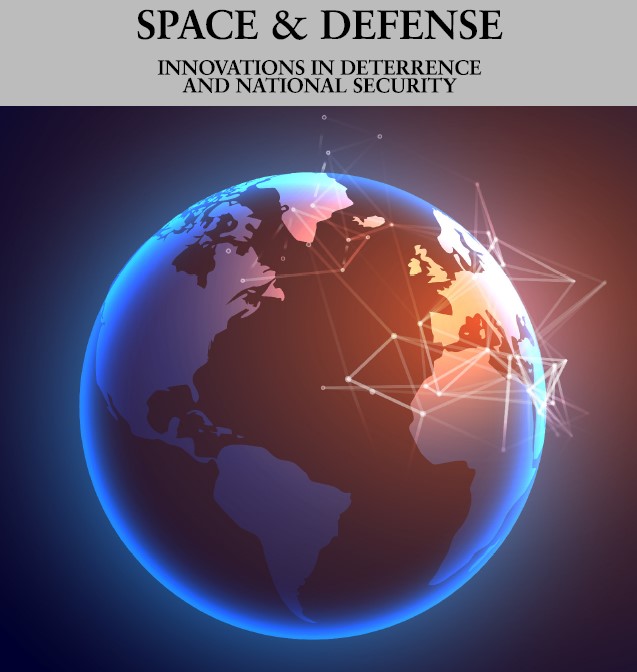Space and Defense

Abstract
As space becomes an increasingly vital domain for national security, debates persist about how much secrecy should surround U.S. military space programs. This article argues that the strategic declassification and disclosure of selected space capabilities can strengthen U.S. deterrence by enhancing the credibility of deterrent threats. Drawing from theories of costly signaling and audience costs, the paper introduces strategic disclosure as a novel form of costly signal. Such disclosure imposes bureaucratic and operational costs while exposing capabilities to potential adversary countermeasures—thereby demonstrating resolve and seriousness of intent. In tandem, greater public transparency about space programs cultivates informed domestic audiences capable of imposing audience costs on leaders who fail to follow through on public commitments. Together, these mechanisms can increase the credibility of space deterrence in both general and crisis contexts. By adapting international relations theory to the unique characteristics of the space domain, this study contributes to ongoing discussions about deterrence, transparency, and strategic stability in outer space.
DOI
10.32873/uno.dc.sd.16.02.1317
Creative Commons License

This work is licensed under a Creative Commons Attribution 4.0 License.
Recommended Citation
Whitman Cobb, Wendy N.
(2025)
"Costly Signals in Space: Increasing Credibility via Strategic Disclosure,"
Space and Defense: Vol. 16:
No.
2, Article 5.
DOI: 10.32873/uno.dc.sd.16.02.1317
Available at:
https://digitalcommons.unomaha.edu/spaceanddefense/vol16/iss2/5
Files over 3MB may be slow to open. For best results, right-click and select "save as..."
Included in
Asian Studies Commons, Aviation and Space Education Commons, Defense and Security Studies Commons, Eastern European Studies Commons, International Relations Commons, Leadership Studies Commons, Near and Middle Eastern Studies Commons, Nuclear Engineering Commons, Science and Technology Studies Commons, Space Vehicles Commons
